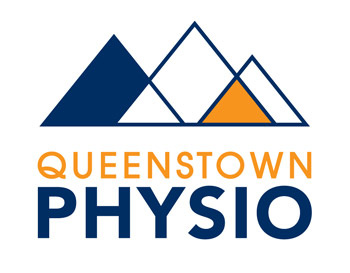Optimising Injury Healing – Effects of Smoking
Smoking – we all know it’s bad for your health and it is the cause of many serious health problems. Each cigarette contains over 4000 chemicals, 70 of which have been identified as causing cancer. In fact, every cigarette takes 11 mins off your life expectancy.
But, did you know that smoking slows our body’s healing? Every lungful of smoke you inhale prolongs your recovery time from an injury. How? Well, our lungs should be filled with oxygen rich air (not smoke) that passes from our lungs into our blood which flows around our bodies, keeping our tissues healthy and healing our damaged tissues. Essentially oxygen is “food” for our bones, muscles, tendons, ligaments. If you smoke, you truly are starving your injury of food and its ability to heal. On top of all that, nicotine is a vasoconstrictor, which means it closes the blood vessels and further limits blood flow to the extremities. It gets worse – smoking also makes our blood thicker, making it harder to travel through the already narrowed blood vessels. Think of a busy four lane motorway being your blood vessels and the passengers in the car are oxygen (that tissue food). If you smoke it’s like blocking two of those lanes off. Imagine how long it will now take to get all those passengers (oxygen) to their destination (your injury). That is your recovery time from your injury increasing.



